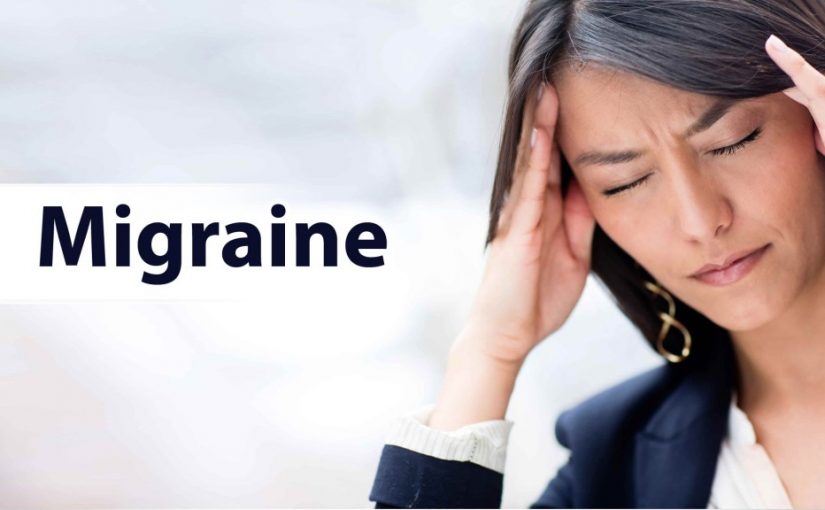Appointment and payment options now available through our website and the Acuity Scheduling phone app. CLICK HERE for appointment availability.
Category: Uncategorized
Coping with Chronic Pain and Depression
Pain mitigation is always the goal of treating pain conditions; however, there are cases in which chronic pain can only be managed. Western medicine’s approach to pain management is through medications, i.e., opioids, steroids, anti-inflammatories, muscle relaxers, and last but not least—antidepressants. But what non-pharmaceutical approaches are there to manage pain, and more specifically, to manage the depression associated with chronic pain?
Herbs & Nutritional Supplements
There are many natural supplements used to help with chronic pain and depression, such as turmeric, white willow bark, frankincense, cat’s claw, ginger, St. John’s wort, omega-3 fatty acids, SAM-e, kava kava…and the list goes on. In my two-decades of clinical experience in complementary medicine, I have not found these to be potent enough to handle severe pain or depression. Why? Because either the condition is too advanced or a person’s system is not sensitive enough to respond to the gentle approach of natural supplements.
If a person is accustomed to taking pharmaceutical drugs or potent over-the-counter medications (NSAIDs and Acetaminophen), it is unlikely that a supplement’s milder effect will be able to provide anything close to the same level of relief as a prescription or over-the-counter drug. It is possible to step-down one’s tolerances where natural substances would have a more noticeable effect on the body, but this would require a long period of abstaining from strong pharmaceuticals as well as refraining from chemicals and stimulants commonly consumed in the diet. For severe chronic pain and depression, abstaining from prescription pharmaceuticals is not a viable (or wise) option for most patients.
Here are a few unorthodox things to consider to manage pain and depression:
Sleeping Beauty probably died young…
Sleeping 6.5-7.5 hours is considered a moderate, and moderation is the key to health. Sleeping too little or too much increases mortality risk. The greatest mortality risk comes with sleeping too long. Cases involving depression often list poor sleep as one of their symptoms, yet what is a more accurate portrayal is fragmented sleep, where they wake not long after the onset of sleep or sleep latency. Fragmented sleep can occur when a person has spent a long time in bed or had a long sleep (at any time of day). People with depression, even though they have sleep disturbance at night, generally sleep too much.
Move
“I hurt, I’m tired, and right now I just need to rest. Tomorrow I’ll go for a walk or go to the gym.” Yep, we tell ourselves that a lot. Tomorrow becomes another yesterday of today. Set a routine for movement, post it visually for all to see, and follow it daily. Movement is different than exercise. With exercise you get days off, with movement you get to sleep and rest—that’s it. Rest less and move more, especially when you do not want to.
Take Off the Sunglasses and Ditch the Sunscreen
Exposure to sunlight creates a feeling of well-being. Ultraviolet A (UVA) and ultraviolet B (UVB) increases the number of beta-endorphins that make you feel better by reducing pain, increased relaxation, and producing the “runner’s high” during exercise. Sunlight deprivation is connected to depression. Also, insufficient sunlight exposure can result in too much melatonin that causes tiredness, listlessness, and depression. So stop covering up and shielding out the light—soak it in. Okay, back to moderation being the key to health, do not let your skin to get red and avoid sunburns. A wide brim from a hat beats a pair of “looking cool” sunglasses any day of the week.
Take time to Breathe
Meditation is not a rigid pretzel posture with incense in the air and repeated mantra of some foreign language gibberish or flowery positive affirmation. Meditation is about taking a break to breathe. Just check out for a few minutes, sit, and take several mindful breaths. While you are doing this the world around you, and within you, can reset. When meditating, do not try and figure out complex issues or empty your mind of all its many thoughts, just enjoy the breath—in through the nose, down into your belly, up into your lungs, and out your mouth. Meditation is a better alternative to taking a nap and is more rejuvenating (although the post-nap snack is pretty hard to compete with).
Choose the Right Support Network
Do not hang out with depressed people and don’t bring Up people down. Support groups may have their place and offer real empathy and compassion, but they can also be a dismal vacuum of commiseration and competition for pity. We all have to paint on a smile now and then, and people with depression have to do it a lot. The upside is that pretending to be happy creates a sense of happiness. A person should not feel fake or their feelings contrived, yet trying to become a better you may require a little “fake it until you make it” attitude.
Oh, do not forget…
Acupuncture by Troy Sammons works hard to mitigate pain so that you can enjoy the fleeting moments of life without pain and depression. (Obligatory plug. ?)
Treating Migraines
The cause of migraines is not completely understood and various theories exist to explain this debilitating condition. A few current theories include vascular disturbances, neuron depression, and local inflammation. The main symptoms classifying migraines are intense head pain with or without visual auras, nausea, dizziness, and light sensitivity.
Epidemiological research by the Center for Disease Control (CDC) reported that nearly 3 million males and 9 million females within the US are chronic sufferers of migraine headaches. Migraines are most common in adolescents and young adults with 30% of migraine sufferers reporting their first attack occurring before age 10. Reports by the CDC indicate a dramatic decrease in migraine occurrences in adults over the age 64. Most sufferers, as much as 70%, report a family history of migraines.
Stress, allergies [1], muscular tightness, pregnancy, menstruation, alcohol ingestion and some diuretics can trigger migraines. However, if someone suddenly begins having migraines without a prior history of headaches, or if headaches intensify with every incident, consult your healthcare provider to rule out any potential life threatening diseases.
Treatment
- Acupuncture can treat the acute pain and also the underlying root cause of the episodes. Acupuncture is often applied along with soft-tissue therapy over the scalp and cervical region to provide rapid relief. Electro-acupuncture is also an effective tool that affects the neuro-muscular zones associated with migraine headaches. Herbal therapy can also be used to prevent the occurrence and severity of future attacks.
- Western treatments include analgesics and/or vasoconstrictors such as Ergotamine, Aspirin, and Ibuprofen. Pharmaceuticals are often prescribed with an antiemetic to improve the absorption of the migraine medication. Pharmaceutical medications are numerous, with new drugs being made available in many forms, including oral, inhalants, injections and suppositories. Consult your physician or pharmacist to determine which medication is most suitable for your condition.
- For a migraine with mild symptoms, aspirin or Ibuprofen may be recommended along with the three S’: Solitude, Silence, and Sleep. Ice packs can be applied to help with the pain and cause vasoconstriction of the blood vessels.
Prevention
Eating foods appropriate for the individual and engaging in regular exercise will promote cellular health and vascular functioning. Avoid tyramine-containing foods such as aged cheese, yogurt, beer, wine, liver and yeast. Observe your eating and activity patterns to identify habits that provoke migraine incidents.
Acupuncture, applied by a licensed practitioner, not only effectively treats the acute symptoms but also addresses the underlying imbalance within the body. Herbal therapies are an important component towards prevention of migraine headaches and are usually given in formulas containing more than 10 different herbs.
Commonly Recommended Suppliments to Prevent Migraines:
- Feverfew, Tanacetum parthenium, shown to reduce the severity, duration and frequency of migraine headaches and lead to improvements in blood vessel tone.
- Magnesium, which influences cerebral vascular tone, inhibition of vasospasm and platelet aggregation.
- Niacin (vitamin B3), which causes vasodilation.
- Ginko, Ginko biloba, is a platelet-aggregating factor (PAF) antagonist.
Self-medication with herbs or supplements is not recommended. Consult a qualified practitioner prior to taking herbal or dietary supplements for appropriate dosage and frequency.
_____________
[1] Most common allergenic foods associated with migraines being wheat, oranges, eggs, coffee and tea, chocolate, milk, beef, corn, white sugar, yeast, mushrooms and peas. Grant ECG. Food allergies and migraine. Lancet 1979; I:966-9.




